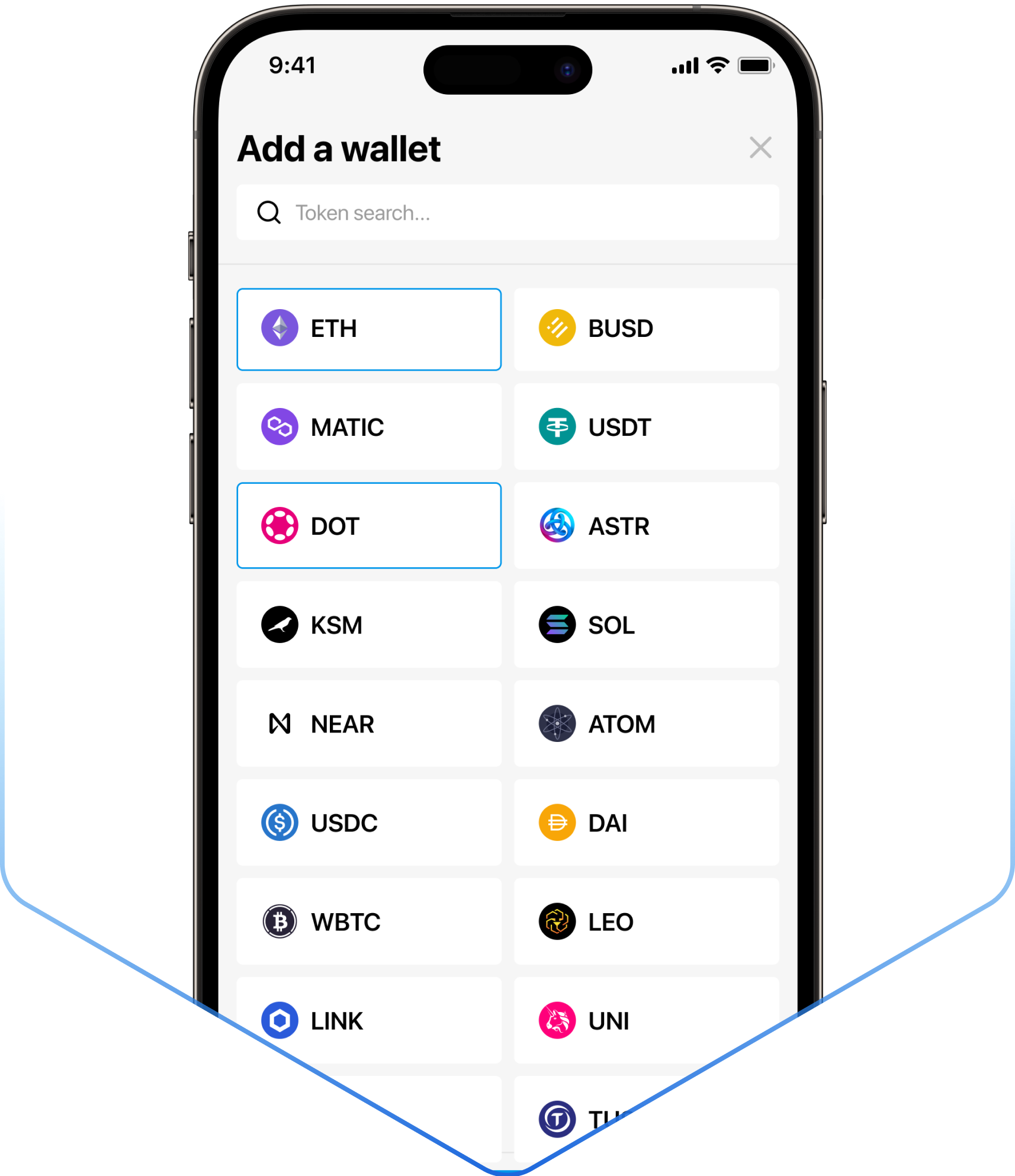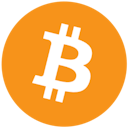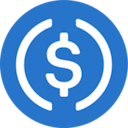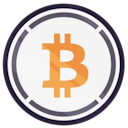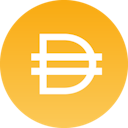Tether wallet
Buy Tether in minutes
A no-nonsense app and Industry-leading technology makes Tether investment simple, easy, and safe
Buy and secure your Tether (USDT) in just a few minutes
1. Download Gridlock Wallet
Gridlock is a free and secure place to manage Bitcoin, Tether, and hundreds of other assets.
2. Setup your account
Adding guardians is a quick and easy way to turn a regular wallet into an ironclad vault. Say goodbye to the hassle of seed phrases; with guardians, recovery is worry-free and effortless.
3. Get Tether USDT
Invest as little as $50 or as much as $18,000 daily. Crypto is transferred directly to your wallet. Credit/Debit cards accepted.
Secure your Tether wallet with Gridlock
Ultimate Protection
Secure your digital assets with unparalleled safety through Gridlock. Our innovative distribution method ensures that there is no single point of failure, significantly reducing the risk of loss or theft. By spreading your crypto assets across multiple secure locations, Gridlock offers a level of safety that stands out in the world of digital currency storage.
Total control
Have absolute control over your cryptocurrency with Gridlock. Our system empowers you to be the sole authority over your digital assets. With Gridlock, there`s no reliance on intermediaries or external entities for access or management. You have the exclusive control, always.
Effortless ownership
Enjoy peace of mind with Gridlock`s effortless management. Our system proactively monitors and maintains your storage network, ensuring it remains secure and up-to-date. You don`t need to be a crypto expert to have expert-level protection. Gridlock works in the background, providing a seamless experience that keeps your digital currencies protected without the extra effort on your part.
Loss Recovery
Recover lost crypto confidently with Gridlock. Our unique system allows you to easily recover Tether and other digital currencies with the help of your guardians. This distinctive approach sets Gridlock apart as the leader in safe crypto storage.
Tether
Tether (USDT) is a type of cryptocurrency known as a stablecoin, designed to maintain a 1:1 price ratio with the US dollar. The stability and equivalence with the US dollar are what give Tether its status as a "stablecoin." Tether aims to combine the unrestricted nature of cryptocurrencies—which can be sent between users without a trusted third-party intermediary—with the stable value of the US dollar.
Developed by Tether Limited, USDT keeps its value steady by maintaining reserves of the US dollar alongside other liquid assets like commercial papers and treasury bills, which theoretically match the circulating supply of USDT tokens. This approach makes Tether an essential tool in the crypto ecosystem; it provides a way for traders and investors to hedge against the typical volatility of cryptocurrencies without leaving the blockchain space. Tether offers liquidity to the markets and acts as a digital dollar that many exchanges and users trust for stable value during transactions.
Utilizing USDT is straightforward: it is commonly used on exchanges to trade for other cryptocurrencies, such as Bitcoin. Holding USDT can offer investors the peace of mind that comes with avoiding the roller coaster of price swings often seen in other digital assets.
When considering the storage and management of USDT, finding a safe and secure wallet is vital. A Tether wallet is software or hardware that stores your cryptographic keys, which represent ownership of your digital assets and are used to sign transactions on the blockchain. Given the importance of security in managing digital assets, it's crucial to choose a wallet that stands up to potential threats and offers user-friendly access to your funds.
In the quest for an optimal USDT wallet solution, understanding the drive behind Tether's creation can also be helpful. Following Tether's launch in 2014, it has become a staple in the virtual currency market, now recognized as the most significant stablecoin by market capitalization. Tether allows users to move between the realms of traditional finance and cryptocurrency while providing stable value, which can be particularly useful during periods of high market volatility.
Should you wish to invest in Tether or learn more about how it operates, buying USDT tokens is possible via various cryptocurrency exchanges. Remember that while Tether claims to have a 1:1 backing by reserves, this has historically been the topic of discussion, and users should perform due diligence when dealing with any cryptocurrency.
In summary, Tether represents a bridge between fiat and cryptocurrencies, aiming to offer the best of both worlds: the stability and widespread acceptance of the dollar and the agility and innovation of digital assets. When it comes to storing USDT, a reliable wallet is critical to protecting your investment. While Gridlock, a name synonymous with secure crypto storage, is one of the options available on the market, it's important for users to research and select a wallet solution that meets their security needs and usage preferences.
For more detailed information on Tether, you can visit the Tether website at Tether Official Page.
Always be aware of the latest news and updates about Tether to ensure that your understanding and handling of USDT stay current with the ever-evolving crypto market.
Types of Tether Wallets
Picking out the best Tether wallet is easy once you understand the options available. There are many different types of Tether wallets out there, with some designed for rock-solid security, others built for ease of use, and a few that offer a bit of both.
Software Wallet
Software wallets are the most common option and are a quick way to store Tether. They can be apps on your phone, add-ons in your web browser, or even websites. To get started, download the wallet of choice, make an account, and soon, you are set up to store or transfer your crypto.
But there's a catch. Your encryption key is not as safe in these types of wallets. The encryption key is like a super-secret password for your Tether and is kept on the web or in your browser. That's why these are called "hot wallets." These wallets work online, which means they're more accessible to hackers, and if they get your encryption key, you lose all of your Tether.
Securely managing software wallets can be tricky as well. They use something called a seed phrase—a list of words that lets you into your wallet. Mix up these words or forget them, and you will forever lose access to your wallet! One mistake and your Tether is lost.
These issues make it clear that while software wallets are handy for quick buys and moving money around, they have risks.
Hardware Wallets
Hardware wallets are compact, portable vaults that securely store the unique keys for your Tether and keep those keys offline and away from hackers. This means they're not connected to potentially vulnerable internet-linked devices like computers. To use them, you must physically connect these wallets to your computer when transferring your Tether.
The offline nature of hardware wallets provides a strong barrier against hackers, as your secret keys are not accessible via the internet. These devices are secured with a PIN or password to protect from someone stealing all of your Tether if they find your hardware wallet.
However, there are notable drawbacks to hardware wallets. They're not the most convenient for regular, day-to-day transactions. Each time you need to make a transaction, you must physically connect your hardware wallet to a device, which can be cumbersome. This process can be a significant hassle and potentially a missed selling opportunity if there is a big change in the price of Tether.
Using hardware wallets can be tricky, especially for people new to cryptocurrency. These wallets differ from online or phone wallets because you need to know more about keeping and moving your digital money safely. You have to be careful with many security steps and learn how to connect the wallet to other places to make payments. You could lose your Tether if you make a mistake, like mixing up private keys or not following the right steps.
Hardware wallets also have a big flaw because they keep all your digital money in one place, on one fragile piece of plastic. If you lose the wallet, it breaks or stops working; you might not be able to get your money. These wallets usually have a backup plan using special phrases, but getting your Tether back this way can be complex and could fail outright if you've lost your seed phrase. If you lose these backup phrases or someone steals them, your Tether is gone forever.
Web Wallets
A web wallet, which is usually part of an exchange, is another way to store Tether, but they come with risks. A big part of these wallets is that they are "custodial," which means the website or service holds onto your encryption key – the super-secret code that locks and unlocks access to your Tether.
Here's the catch with custodial wallets and exchanges: when someone else has your encryption key, they have full control of your crypto, and you have no control. There's a common saying in the crypto world, "Not your keys, not your coins." This means you don't own your crypto if you don't control the keys. So, if the people running these wallets or exchanges are not reliable or make mistakes, you could lose all your cryptocurrency.
For example, if the website gets hacked, has technical problems, or even if the people running it are dishonest, your Tether could be at risk. Since they hold your keys, they control your Tether, and if something goes wrong on their end, you might not be able to get your crypto back. This is why many people are cautious about keeping their crypto in custodial wallets or exchanges, especially for long-term storage. They're often flashy and convenient for trading, but they are not the safest place to keep your digital money for a long time.
Gridlock Wallet
The Gridlock Wallet is a modern solution for storing Tether, offering a unique blend of features that set it apart from traditional hardware and software wallets. This is possible because Gridlock is a distributed Tether wallet.
Unlike hardware wallets, which are reliant on a single device, the Gridlock Wallet doesn't rely on a single device, making it less risky in terms of physical loss or damage. It's also more user-friendly, eliminating the complex steps that often make hardware wallets daunting, especially for newcomers.
In contrast to software wallets, which often leave users juggling complex seed phrases and facing the risk of a single point of failure, the Gridlock Wallet offers a significantly higher level of security. Its distributed nature means it does not rely on a single password or code, making it a stronger, smarter choice for protecting your digital money.
Gridlock Wallet offers a secure and user-controlled alternative to web wallets and exchanges. Web wallets, which are often custodial, pose risks like hacking and potential mismanagement by the wallet providers. Gridlock users maintain full control over their encryption keys, greatly reducing the risk of losing Tether due to these external factors.
Lastly, the Gridlock Wallet simplifies the recovery process. Where other wallets depend on complex seed phrases susceptible to loss and theft, Gridlock provides a much simpler and safer way to regain access to your account based on the novel guardian protection mechanism.
Overall, the Gridlock Wallet emerges as a comprehensive option for those seeking the security of a hardware wallet, the convenience of a software wallet, and the true ownership of a non-custodial solution. Its design addresses the common pitfalls of all alternatives, making it an attractive choice for secure and hassle-free Tether ownership.
Remember, when you're picking a wallet for your Tether, it's all about what fits your needs and keeps you feeling secure. Whether it's the quick software wallet, the secure-but-complex hardware wallet, the risky web wallet, or the super-smart Gridlock wallet, choose the one that's right for you and your Tether.
Discover other cryptocurrencies supported by Gridlock Wallet
With Gridlock, you can safely store over 1000 cryptocurrencies, including these listed below.
